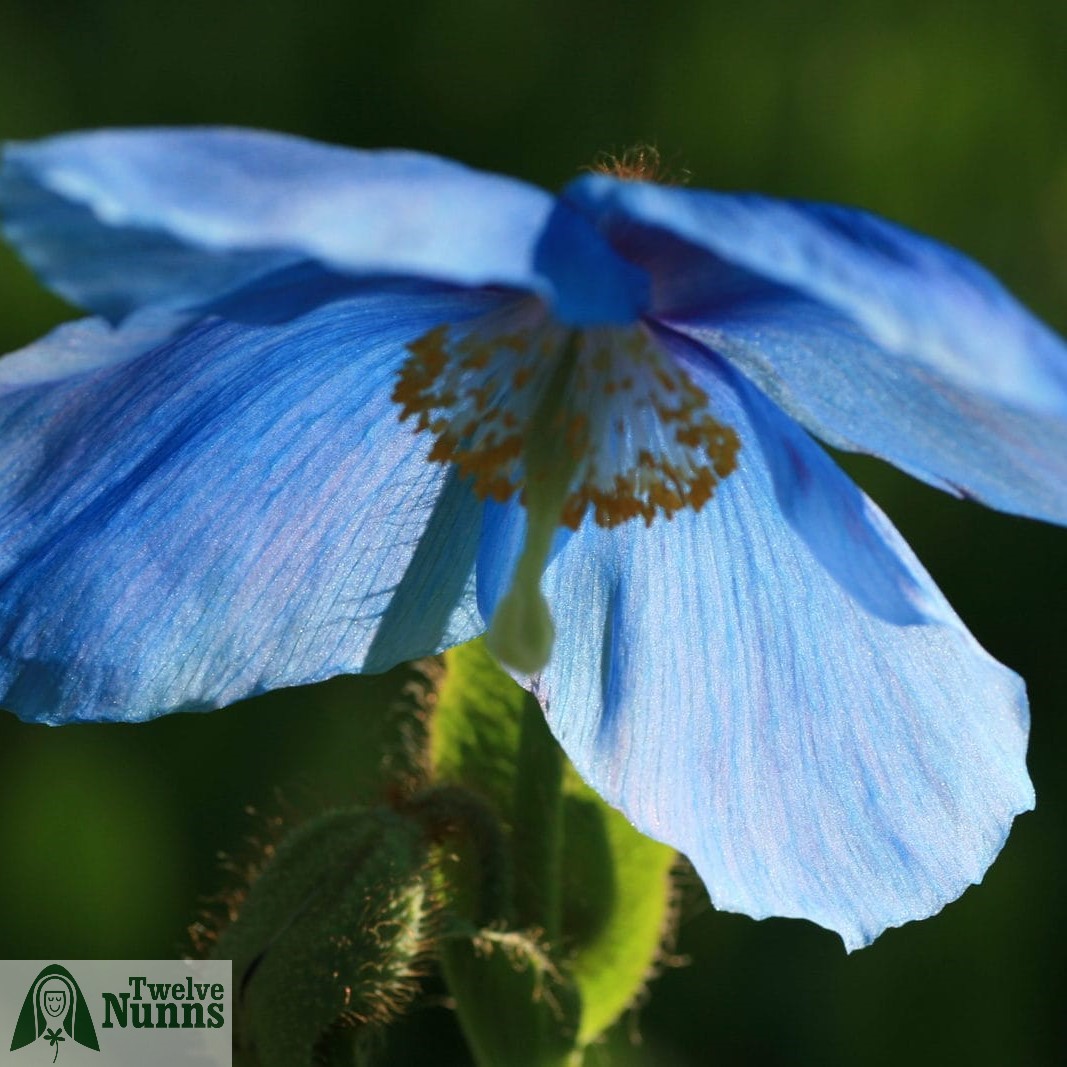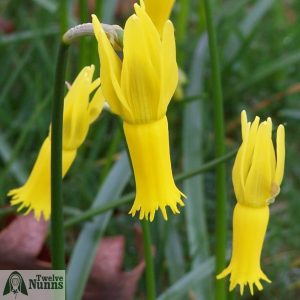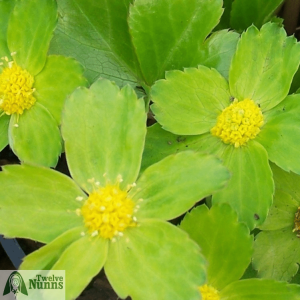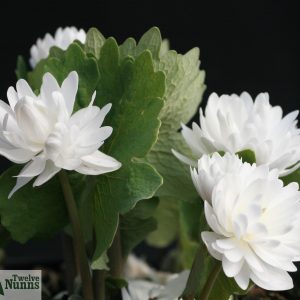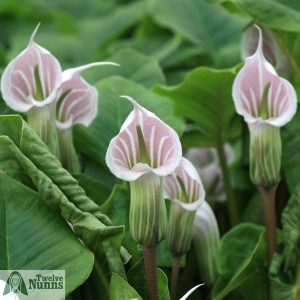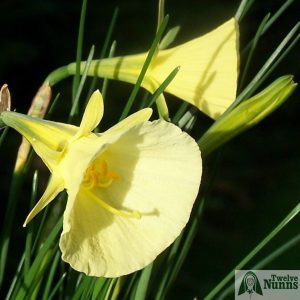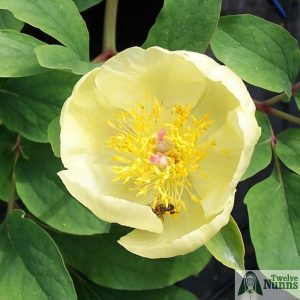Meconopsis sheldonii ‘Slieve Donard’ (AGM)
£ 9.99 – £ 16.99 inc. VAT
Meconopsis sheldonii ‘Slieve Donard’ (AGM) produces stunning blue flowers with contrasting yellow stamens upon upright stems, each stem holding several flowers that will face slightly downwards. The long, oval, green leaves appear very early in the season and are covered with down, which fade over time.










Meconopsis sheldonii ‘Slieve Donard’ (AGM), also known as the Himalayan Blue Poppy, is the best perennial Meconopsis for British gardens. It has long been awarded the Royal Horticultural Society’s (RHS) Award of Garden Merit. During the AGM trial of 2010-13 its AGM status was re-confirmed:-
‘The indisputable beauty and good constitution of M. ‘Slieve Donard’ are undoubtedly the reasons that it is one of the most widely distributed of the big blue poppy cultivars, grown both by individual gardeners and in extensive and impressive swathes in large gardens open to the public, for example, at the Royal Botanic Garden Edinburgh and Dawyck Botanic Garden.’ (RHS Trial Report 2010-13)
Where to plant
Meconopsis sheldonii ‘Slieve Donard’ prefer a cool and shady position, with some shelter from the wind. They are frost hardy but during the winter protect them from long periods of rain to avoid waterlogging. If in a pot or container, put them in a greenhouse or cold frame to keep them from becoming too wet. This is to imitate their natural habitat of the Himalayas.
Compost and feed
Ensure they are planted in free draining compost or soil. They grow well in neutral to acidic soils. If planting in a pot use ericaceous compost.
Leaves
The leaves die back during November/December, and then a rosette of new leaves start to form in early Spring. If in a pot or container, water them well as the leaves emerge and keep them damp throughout the Spring and Summer. Ensure they don’t dry out at any point during the growing season.
Cut off the old flowers as they fade to encourage new shoots to form.
Click here for more details on how to look after your Meconopsis sheldonii ‘Slieve Donard’.


